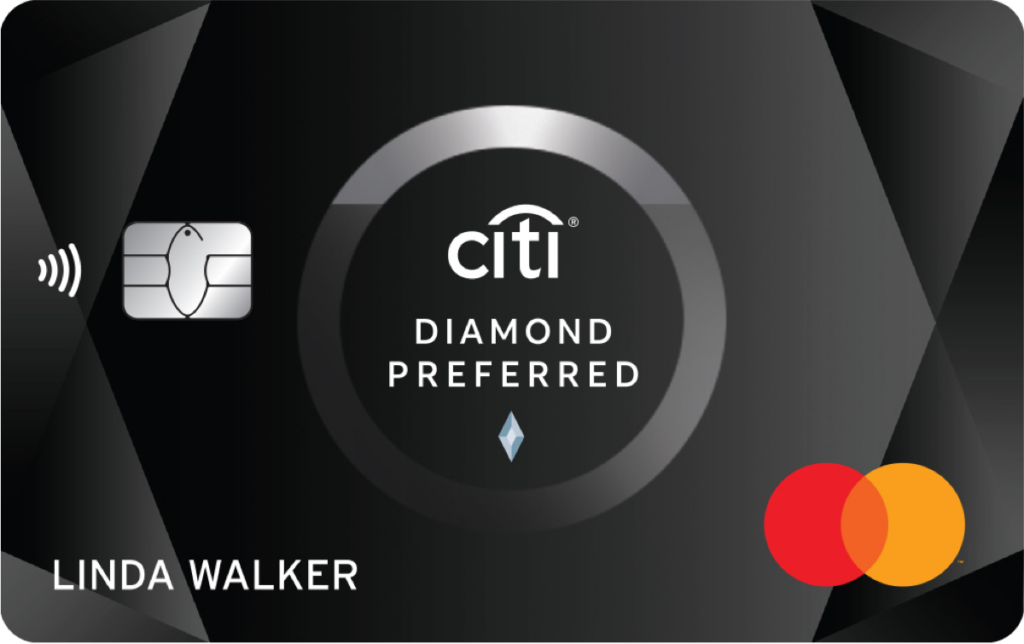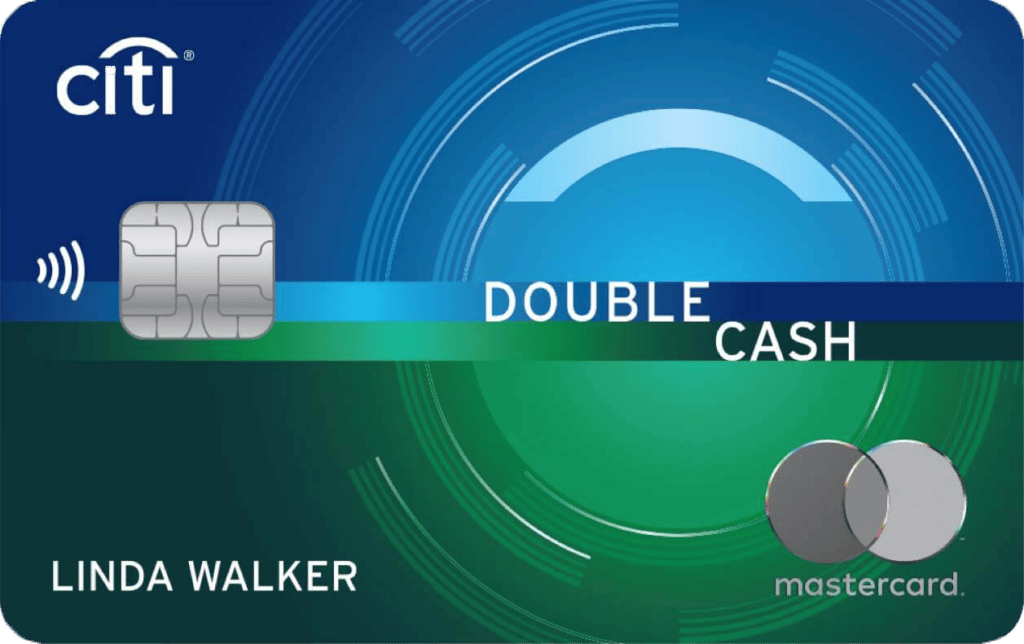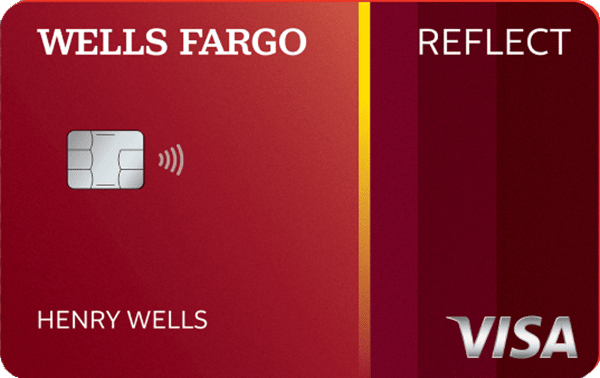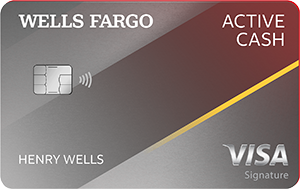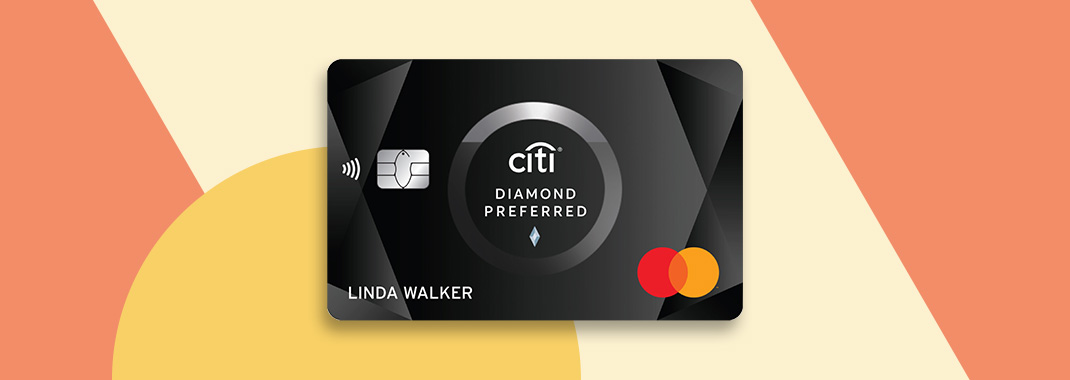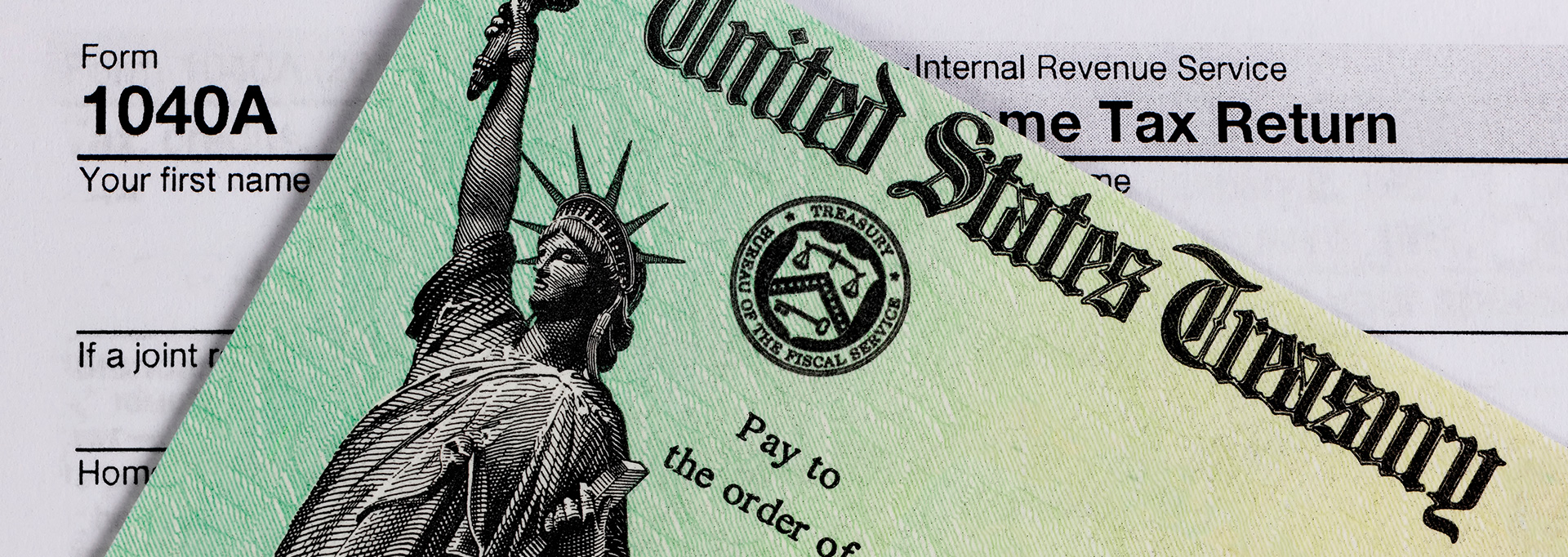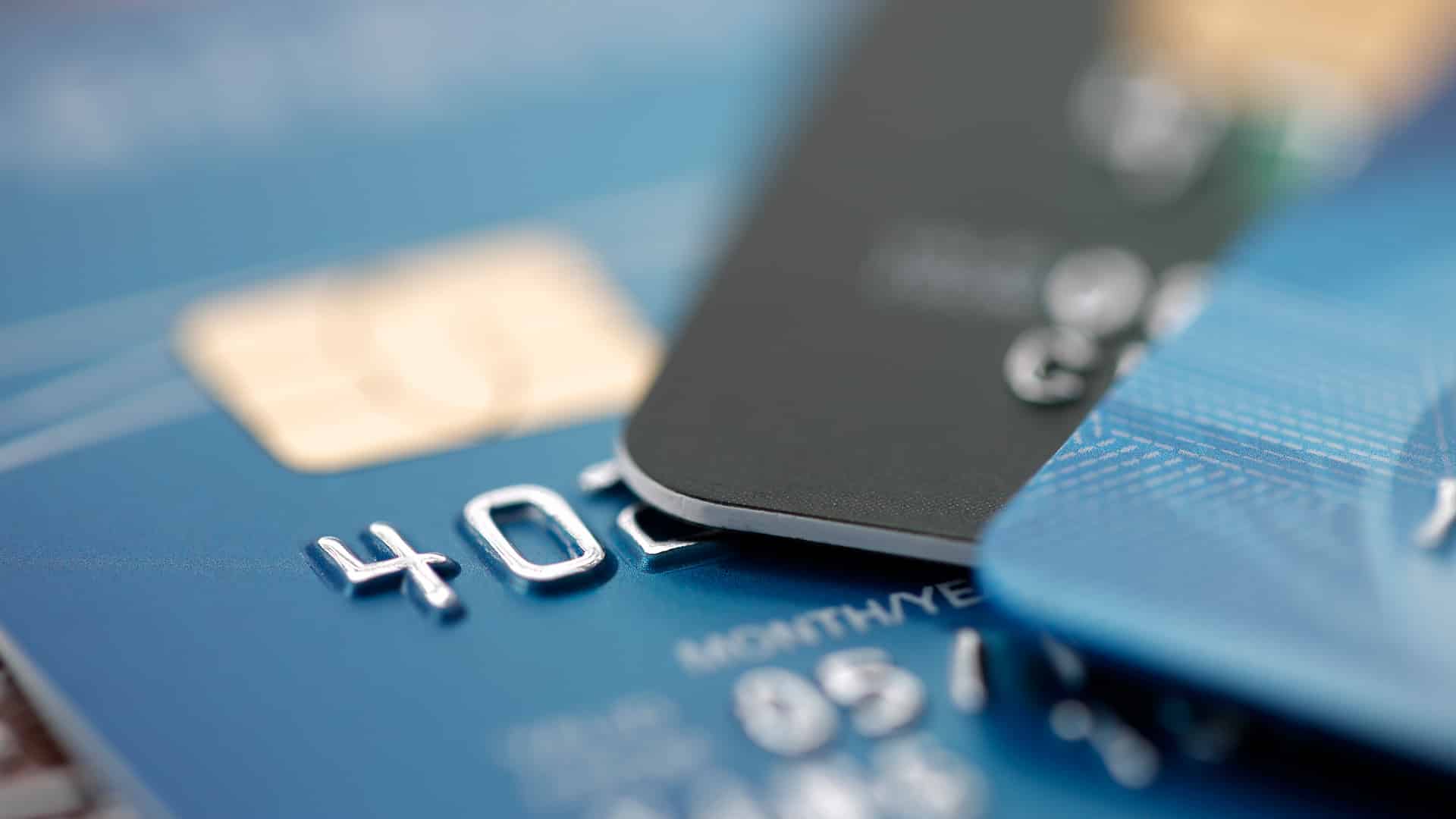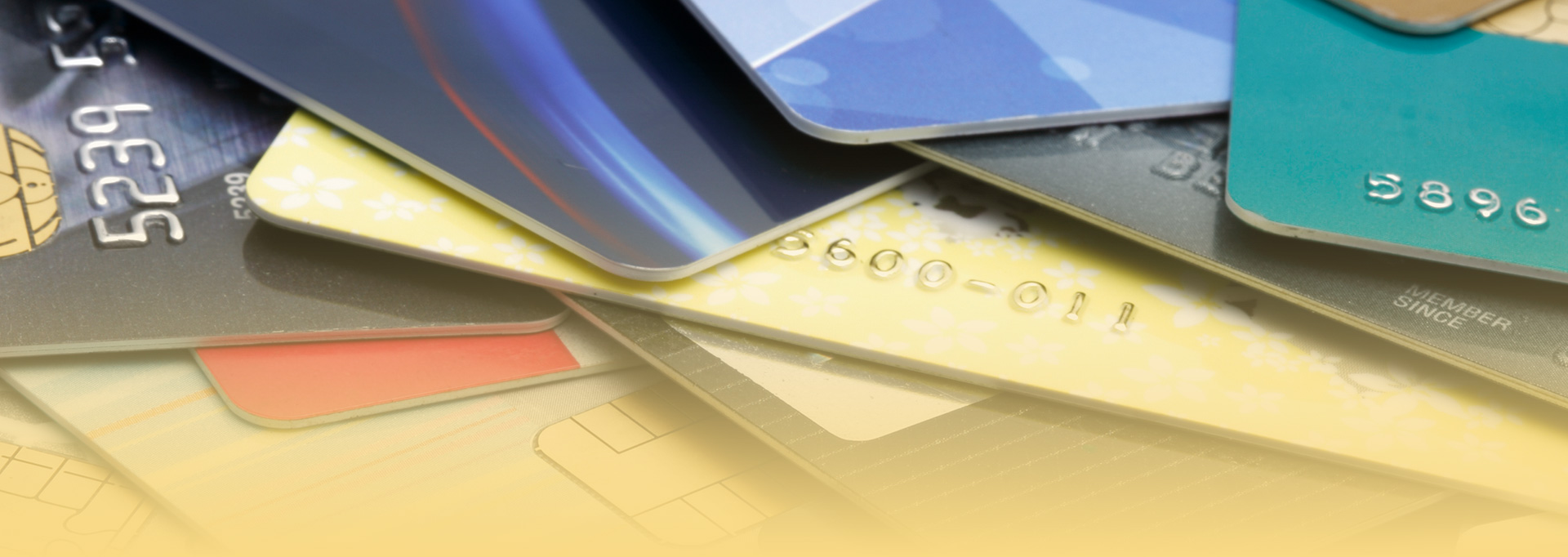Most products on this page are from partners who may compensate us. This may influence which products we write about and where and how they appear on the page. However, opinions expressed here are the author's alone, not those of any bank, credit card issuer, airline or hotel chain.
In 2023, the Consumer Financial Protection Bureau (CFPB), a U.S. government agency that helps protect consumer finances, floated a potential rule to cap credit card late fees—which amounted to an eye-popping $14.5 billion in 2022. The CFPB rule proposed cutting these fees considerably to save consumers money and curb large credit card issuers’ exploitative business practices.
The agency issued its final ruling on March 5, 2024, and late fees with major issuers are expected to drop to just $8 later this spring. This change will not impact smaller issuers with less than 1 million open accounts. While an $8 monthly late fee cap might seem like a positive step—after all, several major card issuers charge late fees of up to $41—there are concerns it could backfire. Here’s what you need to know.
Why the New Rule?
The new ruling will amend Regulation Z and it aims to close a huge loophole and lack of clarity in the U.S. Congress’ 2009 Credit Card Accountability Responsibility and Disclosure (CARD) Act. While the Act was developed to protect consumers and reduce excessive credit card fees, credit card issuers were allowed to charge “reasonable and proportional” late fees, provided that fees didn’t exceed a certain amount—$30 for the first late payment and $41 for subsequent late payments. These fees were intended to encourage consumers to make on-time payments to keep their costs low.
However, since the Act’s implementation in 2009, credit card companies have increased their late fees every year, citing inflation as the primary reason for fee hikes. Many major issuers now consistently charge late fees of $41 per month. These high fees, combined with higher interest rates on cards in recent years, have resulted in major profits for the largest credit card companies.
 Related Article
Related Article
Best Checking Accounts That Waive or Reimburse Overdraft Fees
Simultaneously, these added costs have placed a big burden on certain consumers, many of whom are struggling to stay on top of their debts. Per the CFPB, about one-tenth of credit card consumers report being in “persistent debt” where their interest charges and fees account for a larger portion of their payments than principal balances. This “persistent debt” cycle is very difficult to break.
The recently introduced ruling aims to alleviate this burden by reducing major card issuers’ late fees to just $8 and prohibiting inflation-related increases. If credit card companies determine that $8 isn’t enough to offset the cost of collections, they’ll need to justify charging a higher fee. The CFPB’s goal is closing the 2009 loophole and reducing consumer costs.
How the Fee Cap Rule Will Impact Consumers
The CFPB estimates this legislation will save consumers over $10 billion annually, with individuals behind on payments saving around $220 in late fees each year. While this savings could be significant for many, some industry experts are concerned that a late fee cap could unintentionally backfire.
The potential for cardholders charging higher interest rates to recoup lost income is a primary concern, says the Consumer Bankers Association (CBA). The CBA President and CEO Lindsey Johnson issued a statement saying “the rule’s policy goals are, at best, consumer redistribution, not consumer protection…They will benefit a small minority of frequent late-payers by offsetting the costs of their late payments by increasing costs amongst the 74 percent of cardholders who pay their bills on time.”
Johnson goes on to say that “the CFPB has openly conceded that the majority of cardholders will likely see their credit card interest rates increase.”
Potential Benefits
Assuming these policy changes don’t have unintentional negative consequences, which they may, here are some potential benefits of a formal late fee cap.
- Lower costs for late payers—an estimate of $220 in savings annually
- Lower costs may make it easier for some to pay down credit card debt
- Those able to repay a higher percentage of principal due to lower fees could increase credit card rewards balances
Recommended Balance Transfer Credit Cards
| Credit Card | Intro APR | APR | Rewards Rate | Learn More |
|---|---|---|---|---|
|
|
0% for 21 months on balance transfers and 12 months on purchases
New cardholders receive 21 months of 0% introductory APR from the date of first transfer and 0% Intro APR for 12 months on purchases from date of account opening. After that the variable APR will be 18.24% - 28.99%, based on your creditworthiness. There is a balance transfer fee of either $5 or 5% of the transfer amount, whichever is greater. |
18.24% - 28.99% (Variable) | N/A |
Apply Now Rates & Fees |
|
|
0% for 18 months on Balance Transfers
New cardholders enjoy 0% introductory APR on all balance transfers for the first 18 months of account opening. After that, the variable APR will be 19.24% - 29.24%, based on your creditworthiness. Balance transfers do not earn cash-back rewards and are charged an intro balance transfer fee of 3% of each transfer (minimum $5) completed within the first four months of account opening. After that, the fee will be 5% of each transfer (minimum $5). |
19.24% - 29.24% (Variable) |
2%Cashback
Earn 2% on every purchase with unlimited 1% cash back when you buy, plus an additional 1% as you pay for those purchases. To earn cash back, pay at least the minimum due on time. Plus, for a limited time, earn 5% total cash back on hotel, car rentals and attractions booked on the Citi Travel℠ portal through 12/31/24. |
Apply Now Rates & Fees |
|
|
0% intro APR for 21 months
0% intro APR for 21 months from account opening on purchases and qualifying balance transfers. 18.24%, 24.74%, or 29.99% variable APR thereafter; balance transfers made within 120 days qualify for the intro rate, BT fee of 5%, min $5. |
18.24%, 24.74%, 29.99% (Variable) | N/A |
Apply Now Rates & Fees |
|
|
0% intro APR for 15 months
0% intro APR for 15 months from account opening on purchases and qualifying balance transfers. 20.24%, 25.24%, or 29.99% Variable APR thereafter; balance transfers made within 120 days qualify for the intro rate and fee of 3% then a BT fee of up to 5%, min: $5. |
20.24%, 25.24%, or 29.99% (Variable) |
2%Cashback
Earn unlimited 2% cash rewards on purchases. |
Apply Now Rates & Fees |
Potential Drawbacks
The major potential drawback industry experts cite is higher credit card interest rates or increased general fees across the board. Late fees have historically accounted for a large amount of income for major credit card issuers—around $14.5 billion in 2022, up from $11.3 billion in 2021.
Experts predict they’ll look for ways to recoup lost income after the late fee cap becomes effective, which is a very real concern—one that the CFPB calls out in its ruling. It states that “larger card issuers also may undertake efforts to reduce collection costs or use interest rates or other charges to recover some of the costs of collecting late payments.”
The Bottom Line
While we’ll need to wait and see how the CFPB’s new ruling affects customers, it will be interesting to see how major credit card issuers respond. The new changes will only impact the largest card issuers in the U.S., or those with more than 1 million open accounts. Smaller banks and credit unions won’t be affected by the late fee cap, though the CFPB indicates they generally charge much lower rates and fees anyway.
The new policy changes might have the consumers’ best interests in mind, but it’s possible large card issuers will charge higher rates or other fees to account for any lost income. Only time will tell.
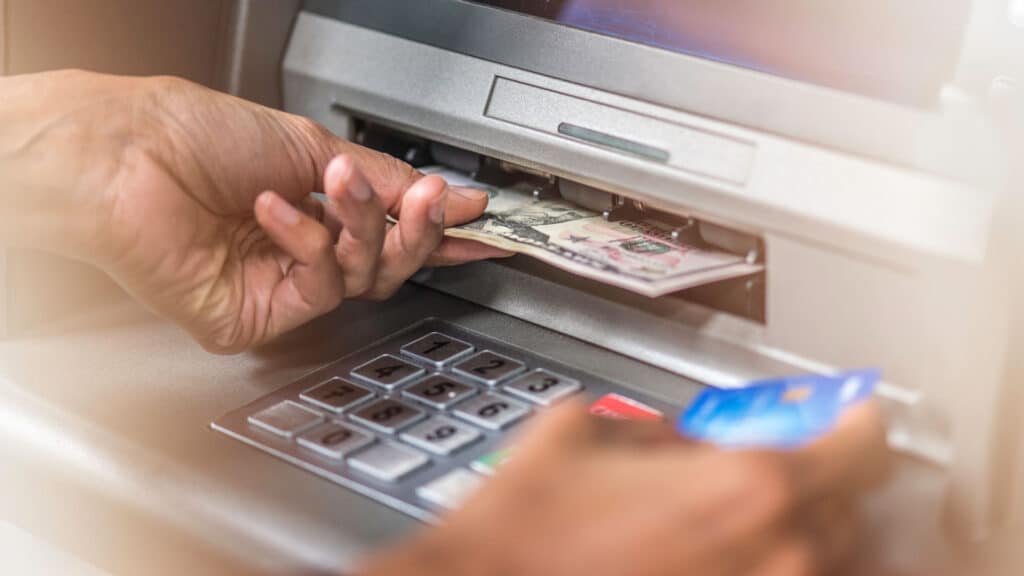
9 Most Common Bank Account Fees (and How to Avoid Them)
-
- Consumer Bankers Association. 2024. https://www.consumerbankers.com/cba-media-center/media-releases/cba-statement-consumer-harm-caused-cfpb%E2%80%99s-misguided-credit-card-late
- Consumer Financial Protection Bureau. 2023. https://www.consumerfinance.gov/about-us/newsroom/cfpb-report-finds-credit-card-companies-charged-consumers-record-high-130-billion-in-interest-and-fees-in-2022/
- Consumer Financial Protection Bureau. 2024. https://www.consumerfinance.gov/about-us/newsroom/cfpb-bans-excessive-credit-card-late-fees-lowers-typical-fee-from-32-to-8/
- Consumer Financial Protection Bureau. 2024. https://www.consumerfinance.gov/about-us/newsroom/statement-of-cfpb-director-rohit-chopra-on-the-final-rule-to-close-the-credit-card-late-fee-loophole/
- Federal Register. 2024. https://www.federalregister.gov/documents/2024/03/15/2024-05011/credit-card-penalty-fees-regulation-z






